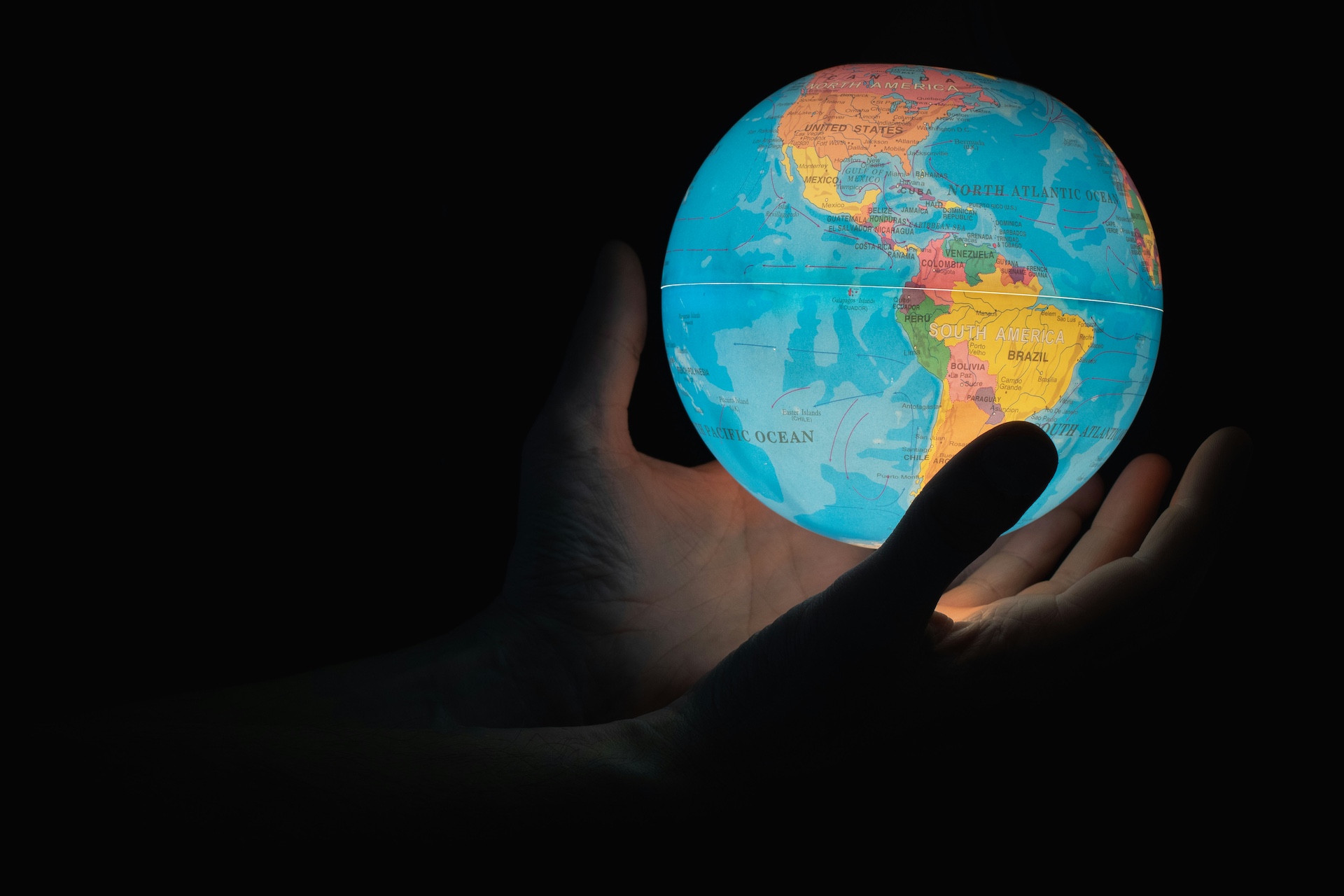Motherhood Is Another Country, One That I Will Never Know
“Do you have children?” is a question I’ve grown used to hearing whenever I meet someone for the first time. And yet after all these years, I still hesitate over my answer. A simple “no” never seems sufficient. I almost always add that Tom and I were not able to have children.
This usually ends any further questions on the subject, though I still wonder about the implications of not being a mother.
The Unspoken Expectations of Motherhood
I came of age at a time when it was assumed that a woman’s consummate role was as a homemaker and mother and that the primary purpose of marriage was the conception and raising of children. My own mother did not believe in such a narrow view of gender nor of marriage, and she never pressured me to have children.
Nevertheless, I was influenced by those societal expectations. I suppose I still am to some extent because I feel the need to explain myself. I wish to avoid being seen or judged for what I am not, though it may be that I am the only one passing judgment.
Before I married Tom, I told him that I might never want children. He accepted my position, but I imagine he hoped that I would change my mind. And as it turns out, I did.
As Tom’s and my relationship deepened and strengthened, I found that I wanted to conceive and raise a child with him. This was the only path toward motherhood I ever seriously considered.
After two miscarriages, Tom and I had to decide whether or not to pursue further medical interventions, procedures that would have been more complicated and more invasive. With additional medical help, I might have been able to conceive and carry our baby to term, but I did not proceed. Tom supported the decision because he felt it was mine to make, as I would have been the one undergoing treatment.
When Motherhood Becomes a Question of Fate
When I stopped treatments for infertility, it felt like the right choice. I did not have the emotional energy to continue engaging with medical professionals. It seemed I was sacrificing the present for an uncertain future. That said, if I had the chance to return to that time to consider doing things differently, I would make at least one change.
I would be more curious about Tom’s feelings. He so readily deferred to me that I never wondered about his own desires. Had I done so, I might have continued treatments, and perhaps Tom and I would have succeeded in having our child. Instead, I told myself that if I was meant to be a mother, it would happen naturally.
I cast Tom’s and my future as parents to fate.
Living Outside the Country of Motherhood
Motherhood is another country, and one I will never know. I will never experience a love I’ve heard mothers describe as transformational in its power. I look at family members and friends with children and wonder if knowing that a physical part of them will continue beyond their lives provides comfort, especially as they age. Do they think about legacy in a different way than I?
My mother, at moments of low self-esteem, when she wondered about the worth of her life, remembered her children. Whatever else she did or did not accomplish, raising four children of whom she was proud made her feel that she had achieved something worth celebrating. I appreciate the solace such a thing could be, the sense that you had made a difference in the world.
One of the odd things about not being able to have a child when you wish for one is that there is nothing to balance that loss in the near term. The consequences of not having children reveal themselves over a lifetime. Having a child would have resulted in a different story of Tom and me. It would not have been a better narrative, but it would have been unlike the one we continue to craft.
If motherhood and parenthood are one country, Tom and I live in another. It has its own unique riches and challenges, and there is still much to discover.

